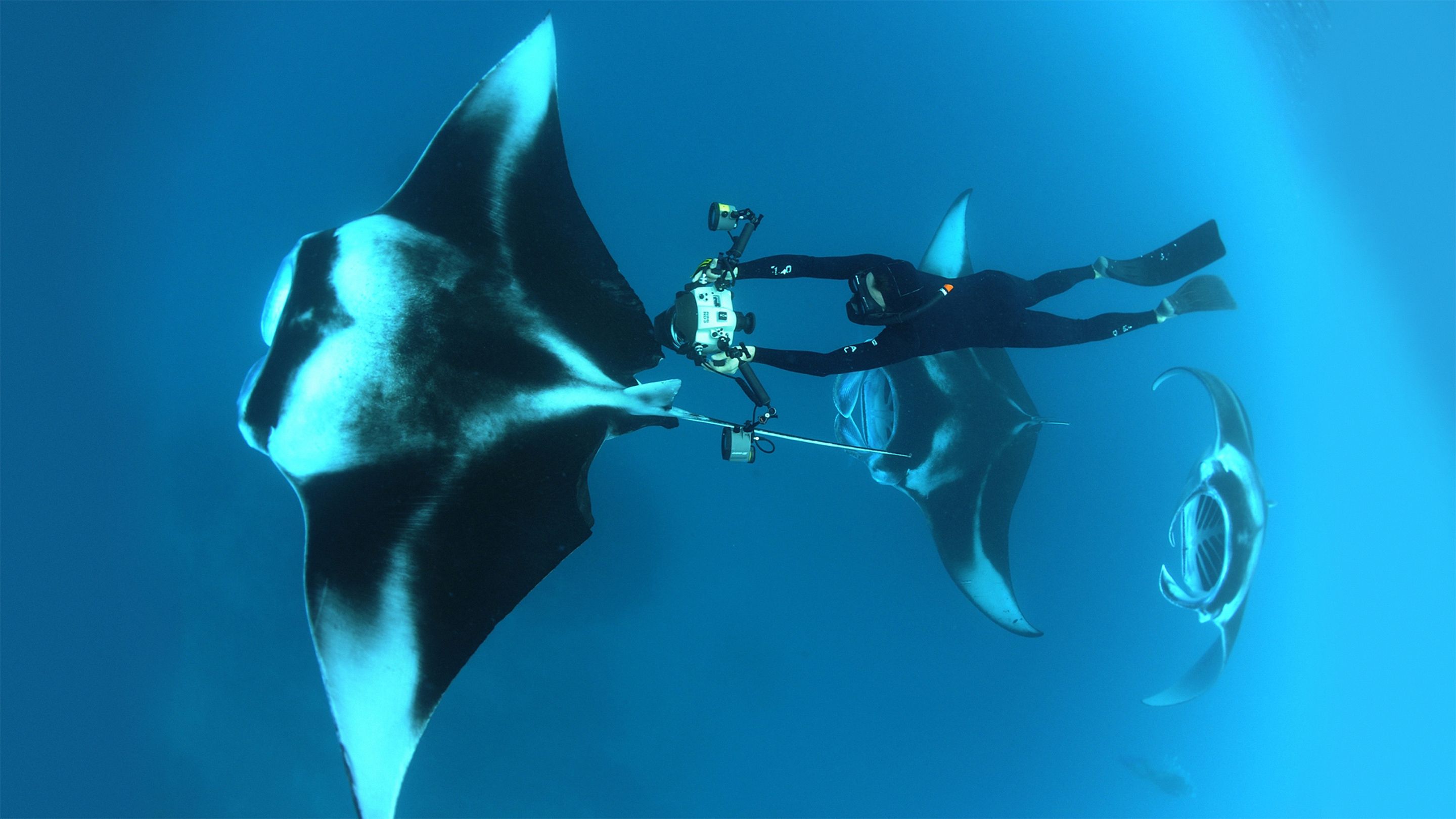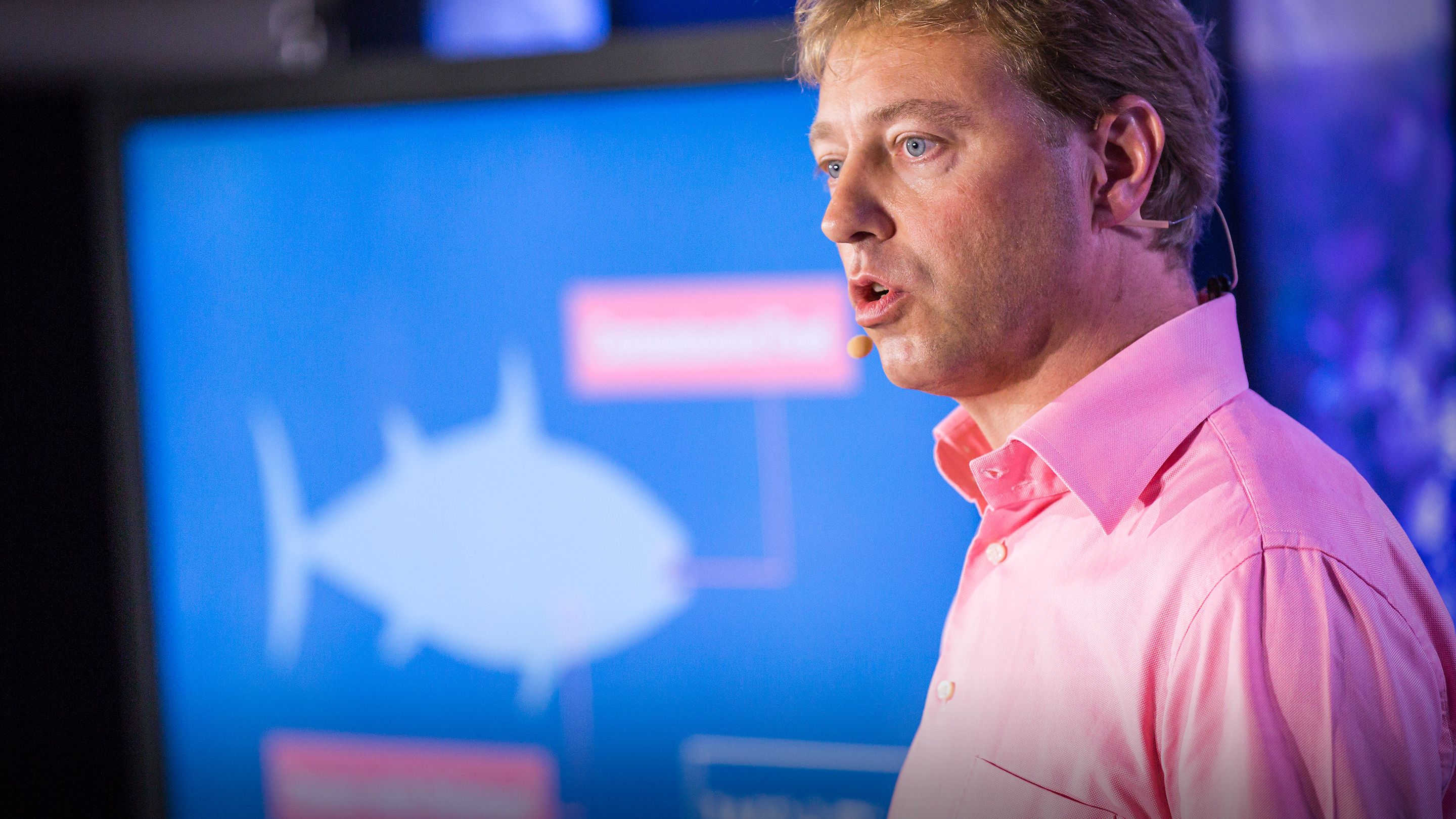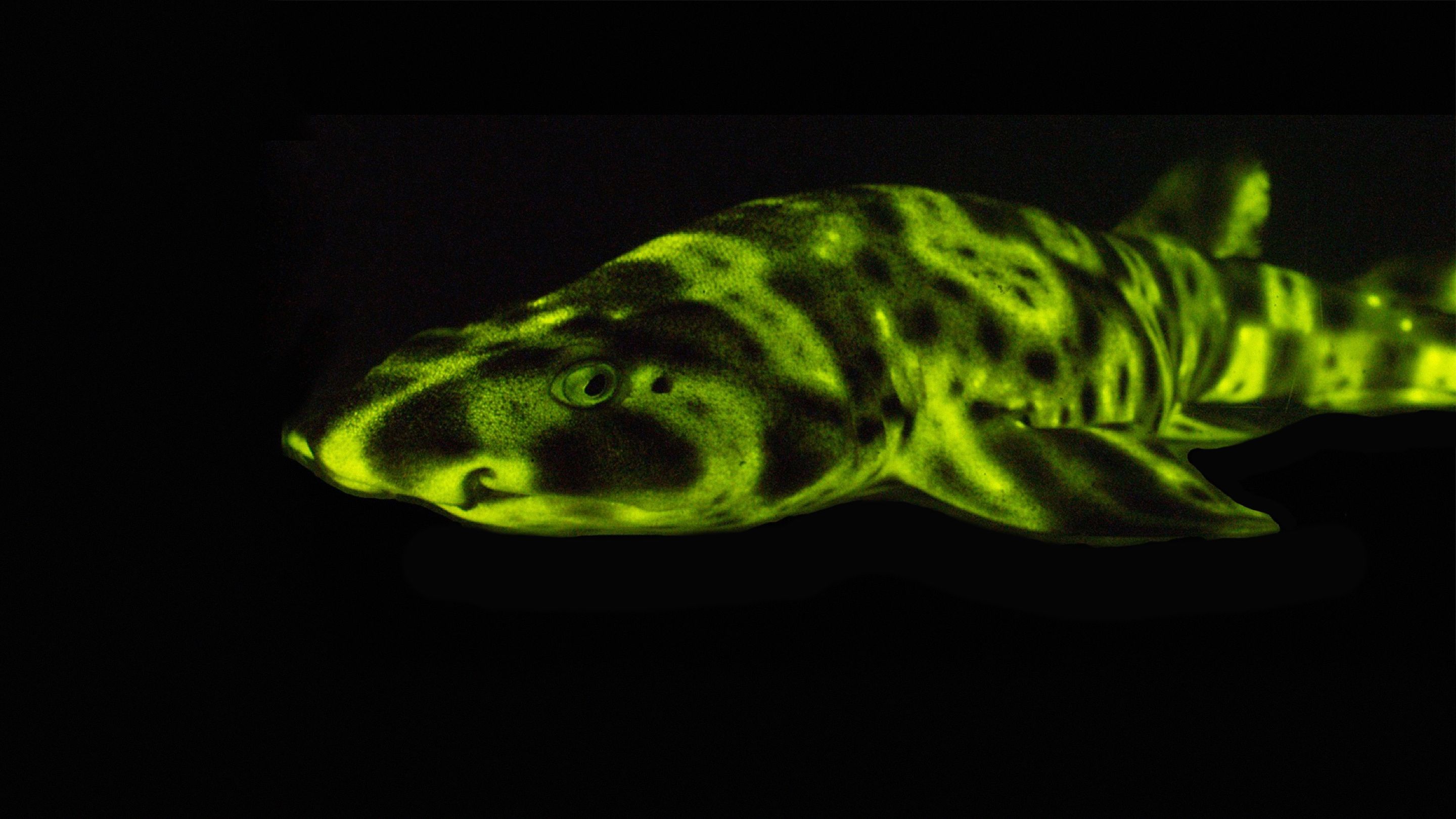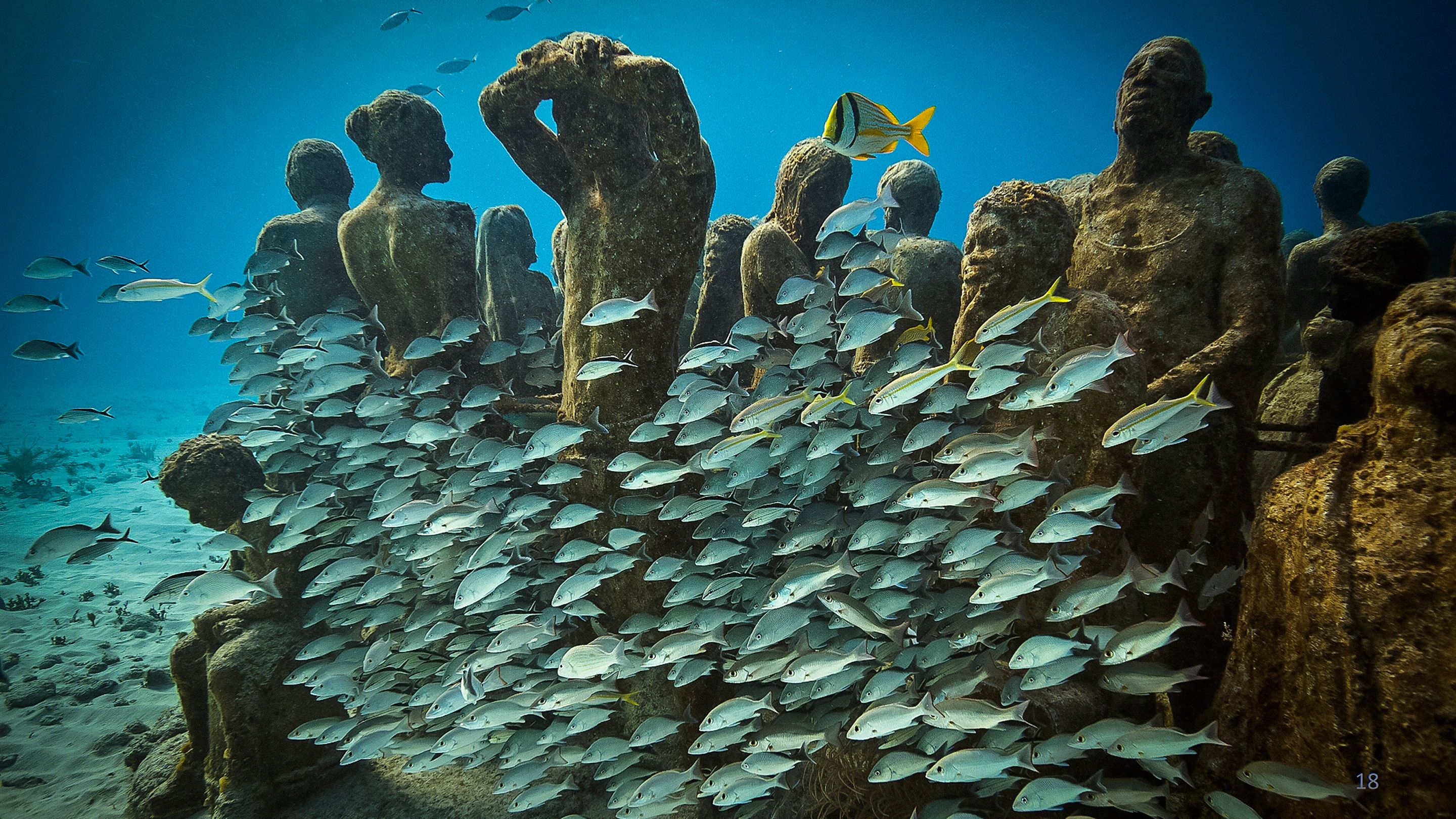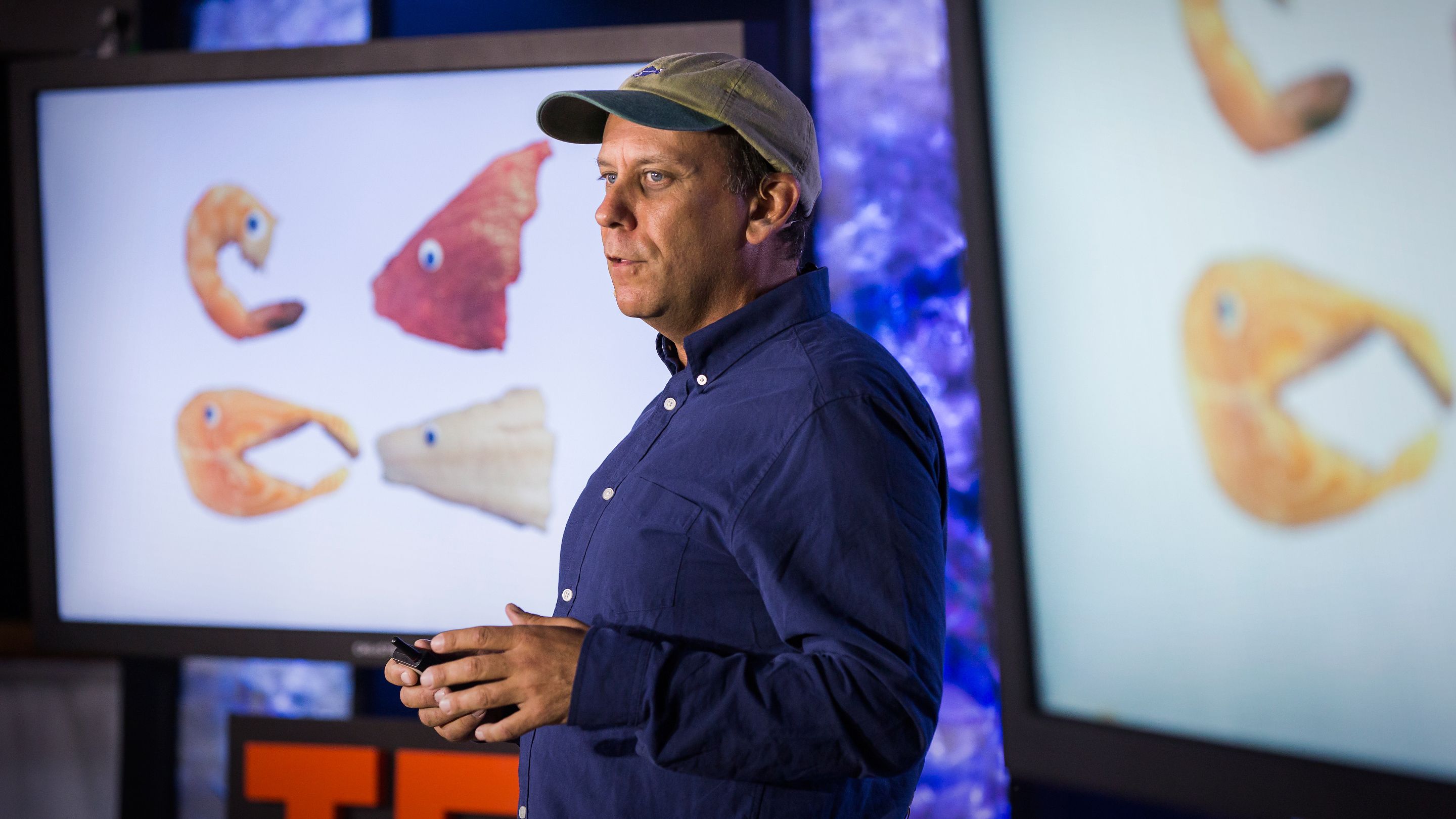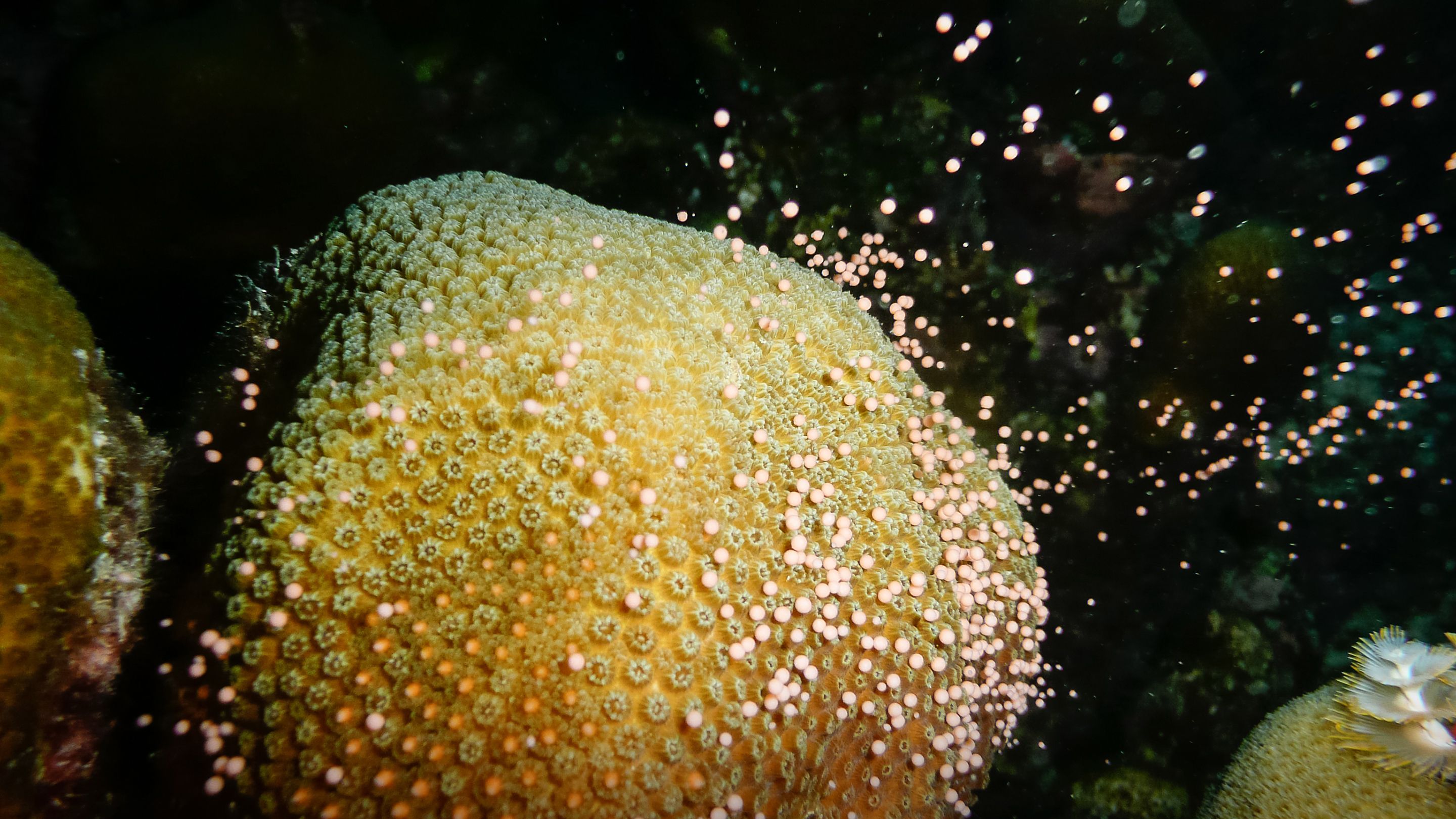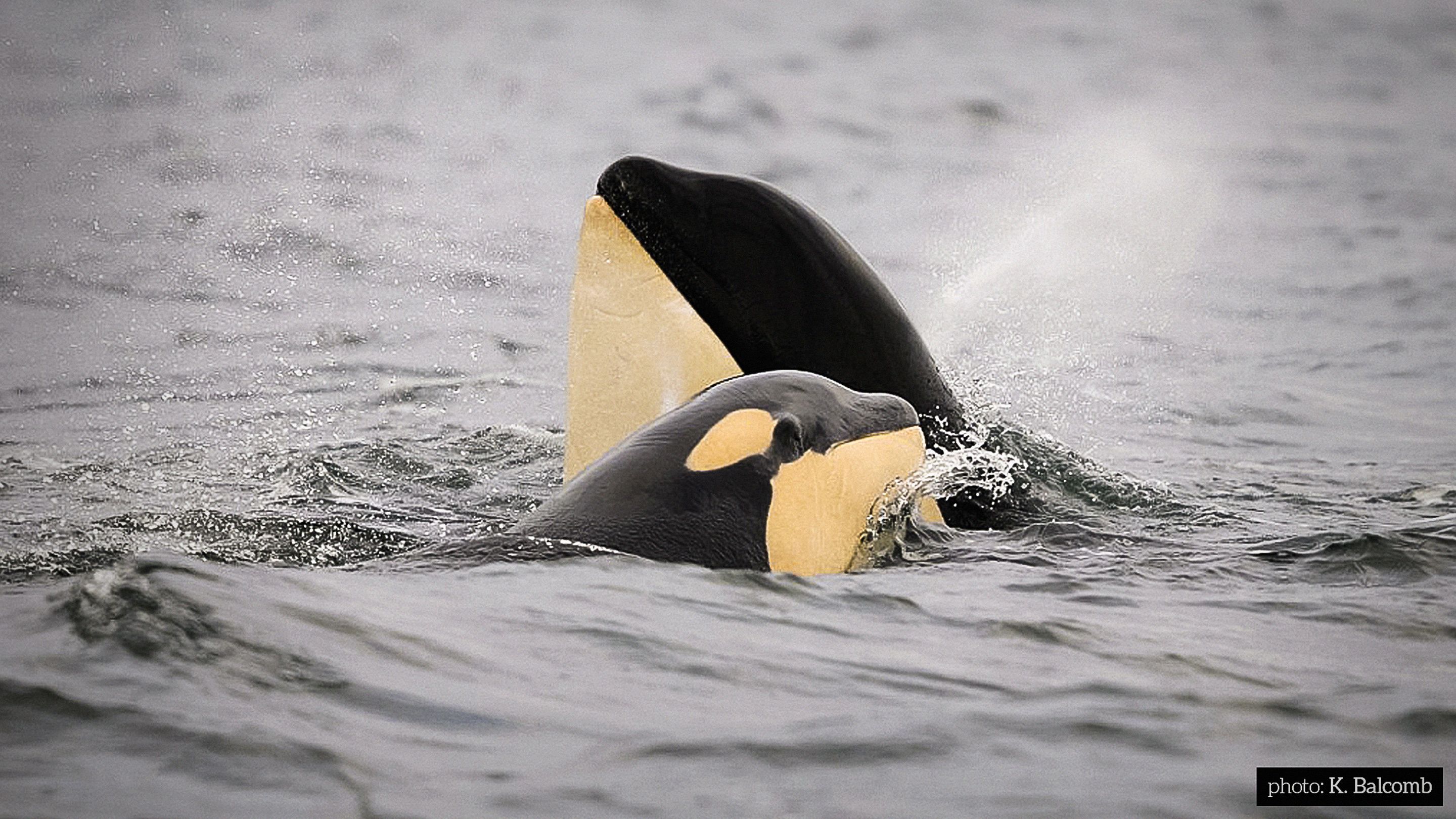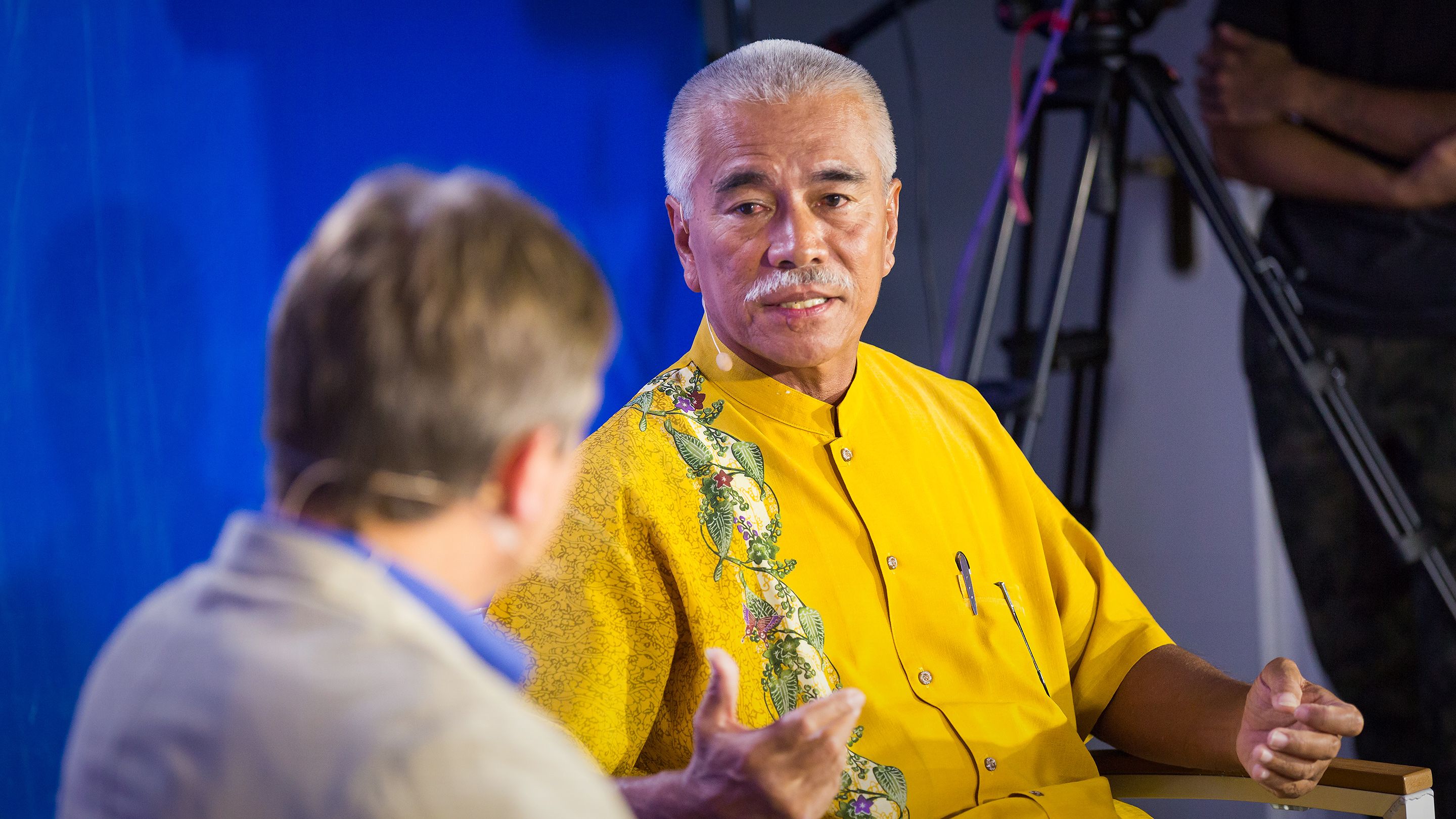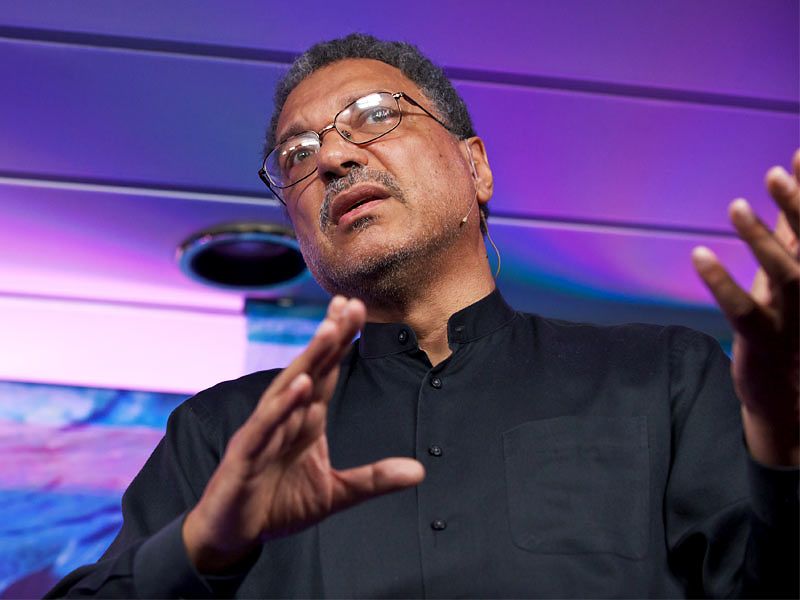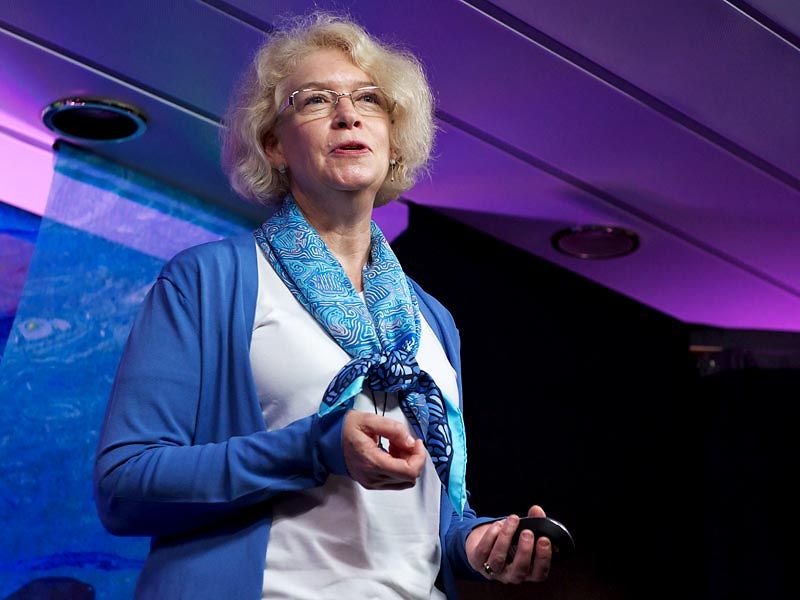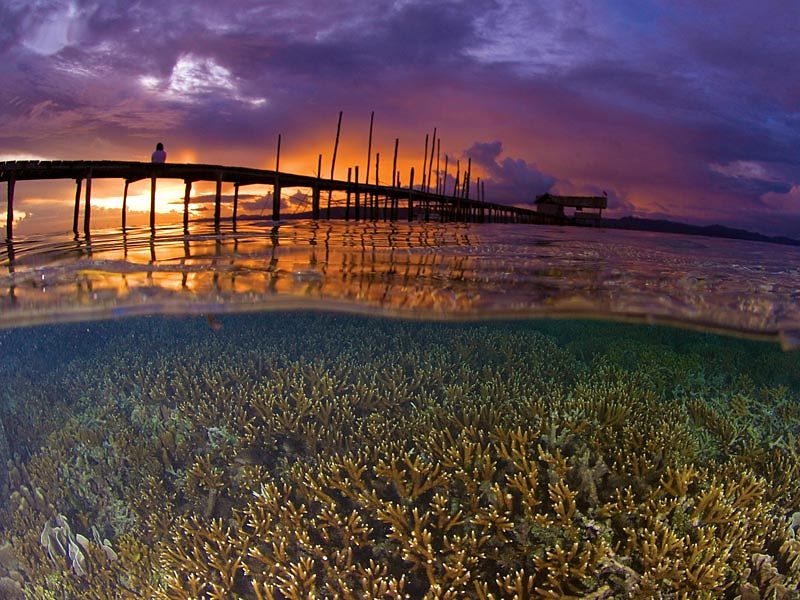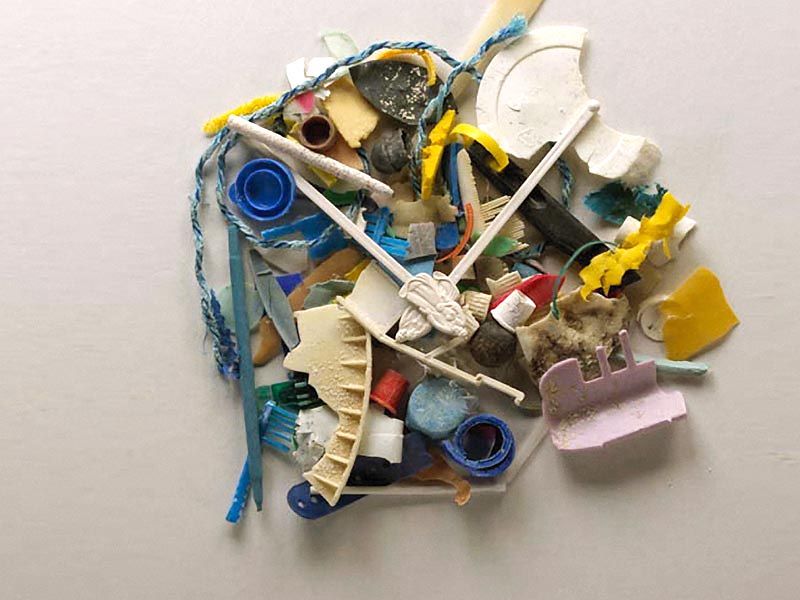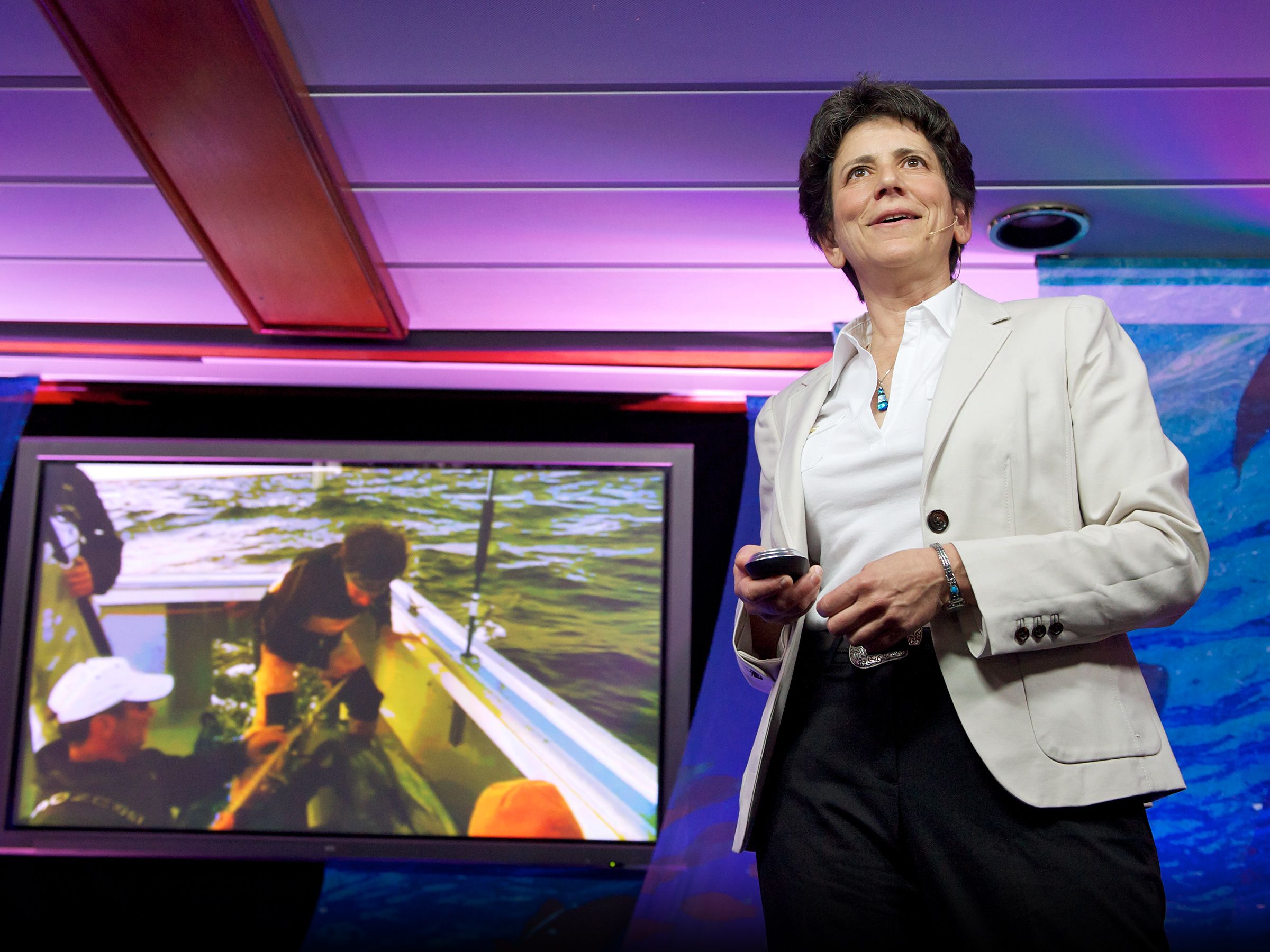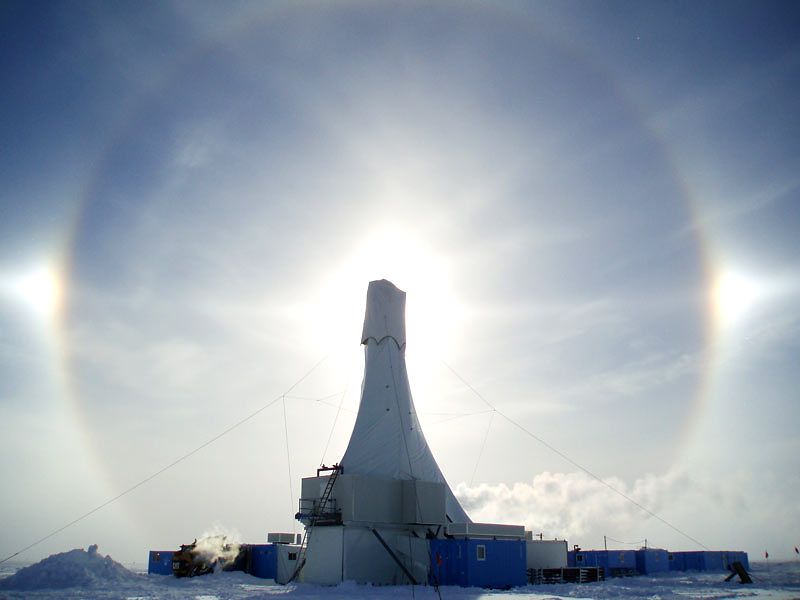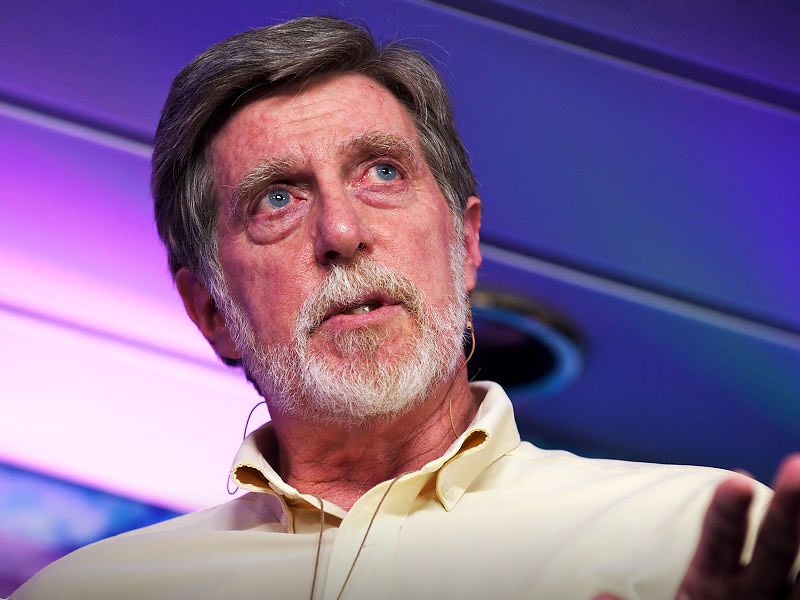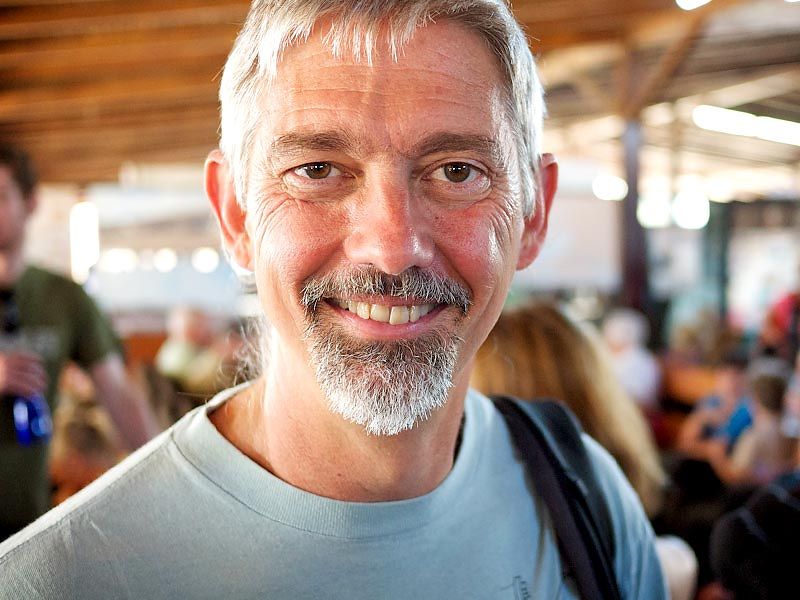Mission Blue
A collection of TED Talks (and more) on the topic of Mission Blue.
Talks about Mission Blue
See all talks on Mission Blue
Exclusive articles about Mission Blue
Gallery: The sculpture garden at the bottom of the sea
Jason deCaires Taylor casts giant cement sculptures that weigh thousands of pounds -- and then sinks them into the ocean. His idea: to create a unique underwater gallery that algae, corals and other sea creatures can call home.
Posted Dec 2015
4 ways to get people to care about the ocean
Human beings have created a whole load of problems in the oceans. Sadly, though, they usually don’t want to hear about them. Last month, a group of ocean scientists and activists brainstormed ways to make the seas sound as amazing as they are. Check out new tools, studies and discoveries that could spark positive curiosity and empathy.
Posted Nov 2015
Should you stop eating fish?
We asked legendary oceanographer Sylvia Earle for her menu advice. Below, check out Earle’s take on omega oils, tuna rolls, and her ideal meal.
Posted Aug 2014
